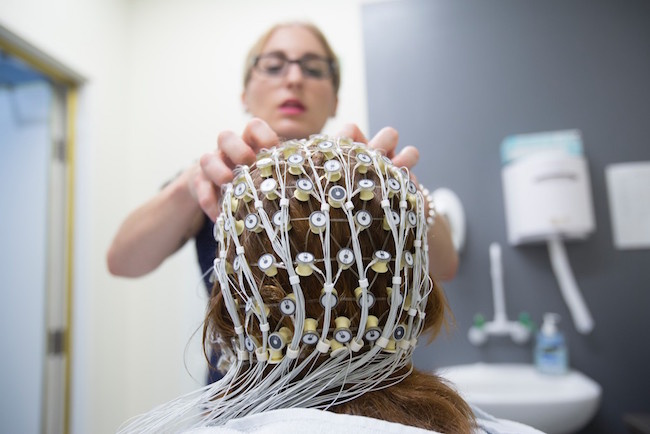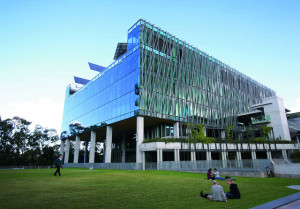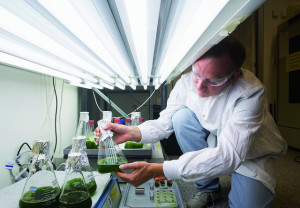The Smart State: How Bioscience Revitalized Queensland, Australia
Resource type: News
The Atlantic Philanthropies | [ View Original Source (opens in new window) ]

“Before Atlantic came with this investment in bioscience and research, Queensland was largely beaches.”
— Peter Beattie, former Premier of Queensland, Australia
In the late 1990s, Queensland’s then Premier Peter Beattie was launching a public campaign to make the province a “smart state” with an economy based on science, technology and innovation.
Queensland was known back then more for its beaches than its brains, even though Brisbane, its capital, was home to two major universities—the University of Queensland (UQ) and Queensland University of Technology (QUT).

Opportunity for impact
Because of prospects a decade earlier for his global investment group, Chuck Feeney, Atlantic’s founder, knew about Queensland. His visits to Australia piqued his interest in the rugged and often overlooked country, and the no-nonsense, can-do attitude of its people.
“Australia echoed Chuck’s experience in Ireland, where Atlantic had already started to advance work in education and health to great effect,” says Christopher G. Oechsli, Atlantic’s president and chief executive officer. “It was a country of high intellectual capital that was, at the time, undervalued. Chuck saw that there was room for elevation.”
When Mr. Feeney met with university administrators, they shared their frustrations, similar to ones he had heard in Ireland: bright students, ambitious development ideas and smart leaders, but scarce resources. With no alumni gift system in place, universities relied on government grants for support.
Mr. Feeney saw a unique opportunity to make a huge impact. “Brisbane had all the characteristics for a Chuck Feeney investment,” adds Mr. Oechsli, who at the time became Atlantic’s director of Australia programs. “Undervalued institutions with creative leaders who deserved more opportunity. It was an investment value analysis: The upside was very good.”
“His legacy in Australia can be quite easily expressed: hundreds of medical breakthroughs, large or small, that would not have happened were it not for him.”
— Kevin Rudd, Prime Minister of Australia, 2007–2010, 2013

Partnering with government
Mr. Feeney approached the federal government with an unusual request: Atlantic would provide half of the more than A$200 million ($156 million) in funding requested by three institutions (UQ, QUT and QIMR Berghofer) if the government provided the other half by the end of 2009. It worked: grants totaling A$170 million ($132 million)—A$67.5 million ($45.5 million) more than Atlantic had suggested—were announced in May 2009, with several months to spare.
Atlantic kept its original pledge of A$102.5 million ($69 million) and history was made: It was the largest set of grants made by a philanthropic foundation for higher education and medical research in Australia’s history.
Mr. Feeney once boasted that every grant Atlantic made in Australia was one third of the funds needed: “One third from us, one third from the institution, one third from the government.” In total, Atlantic invested A$586.6 million ($385.6 million) primarily to research and education in Australia, with the total amount of funding leveraged estimated at A$2 billion ($1.5 billion).
A knowledge economy
Peter Coaldrake, vice-chancellor and CEO of QUT, insists that by making key grants to academic institutions, Atlantic provided a vital lubricant that helped Queensland redefine itself as a knowledge-based economy. “It’s not just the contributions that Chuck Feeney made, it’s the effect they’ve had on other people’s behavior,” he says. “It has helped reposition Queensland to see the role of education and science in the future economy.”
See the difference buildings can make. Visit Laying Foundations for Change >